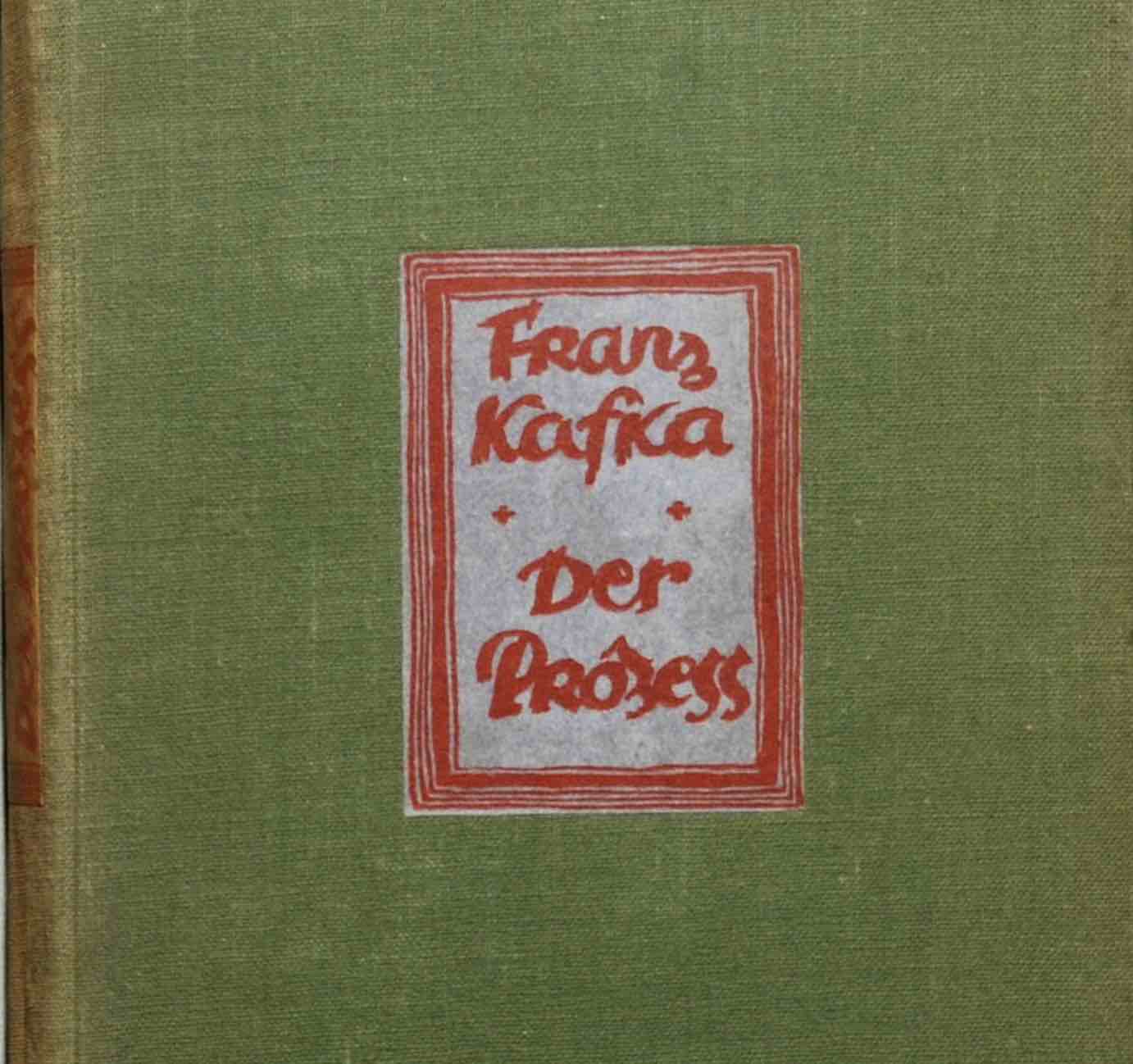
The European Democracy Shield: Who is it Really Protecting?
- Martin Enlund
- 1/3/25
The EU’s regulations aimed at combating disinformation raise questions about who is really being protected and also about the true purpose of the “European Democracy Shield”.
In recent years, new regulations have been introduced, purportedly to combat the spread of false or malicious information. Ursula von der Leyen, President of the European Commission, has been keen to push forward with her plans to curb online content and create a “European Democracy Shield” aimed at detecting and removing disinformation.
Despite frequent discussions about foreign influence campaigns, we often tend to overlook the significant impact that domestic actors and mass media have on news presentation (and therefore also on public opinion). The fact that media is often referred to as the fourth branch of government, alongside the legislative, executive, and judicial branches, underscores its immense importance.
In late 2019, the Federal Bureau of Investigation (FBI) seized a laptop from a repair shop. The laptop belonged to the son of then-presidential candidate Biden. The FBI quickly determined that the laptop was the son’s and did not appear to have been tampered with.
Almost a year later, the US presidential election took place. Prior to the election, the FBI issued repeated warnings to various companies to be vigilant against state-sponsored actors [implying Russia] that could carry out “hack-and-leak campaigns”. Just weeks before the 2020 presidential election, an October surprise occurred when the NY Post published documents from the laptop. The newspaper’s Twitter account was locked down within hours. Twitter prevented its users from even sharing the news. Facebook (now Meta) took similar measures to prevent the spread of the news. Shortly thereafter, more than 50 former high-ranking intelligence officials wrote about their deep suspicions that the Russian government was behind the story: “if we’re right”, “this is about Russia trying to influence how Americans vote”. Presidential candidate Biden later cited these experts’ claims in a debate with President Trump.
In early June this year, the president’s son was convicted of lying on a gun license application. The laptop and some of its contents played a clear role in the prosecutors’ case. The court concluded that parts of the laptop’s contents were accurate, which aligns with the FBI’s assessment that the laptop did not appear to have been tampered with. The president’s son, who previously filed a lawsuit claiming that the laptop had been hacked and that data had been manipulated, has now withdrawn this lawsuit, which strengthens the image that the content is true.
This raises questions about the true purpose of the “European Democracy Shield”. Who is it really intended to protect? Consider the role of news editors in spreading the narrative that the laptop story was Russian disinformation. What impact did social media’s censorship of the news have on the outcome of the US election? And if the laptop’s contents were indeed true - as appears to be the case - what does it say about the quality of the media’s work that it took almost four years for the truth to become widely known, despite the basic information being available as early as 2020?
Cover image: AI


